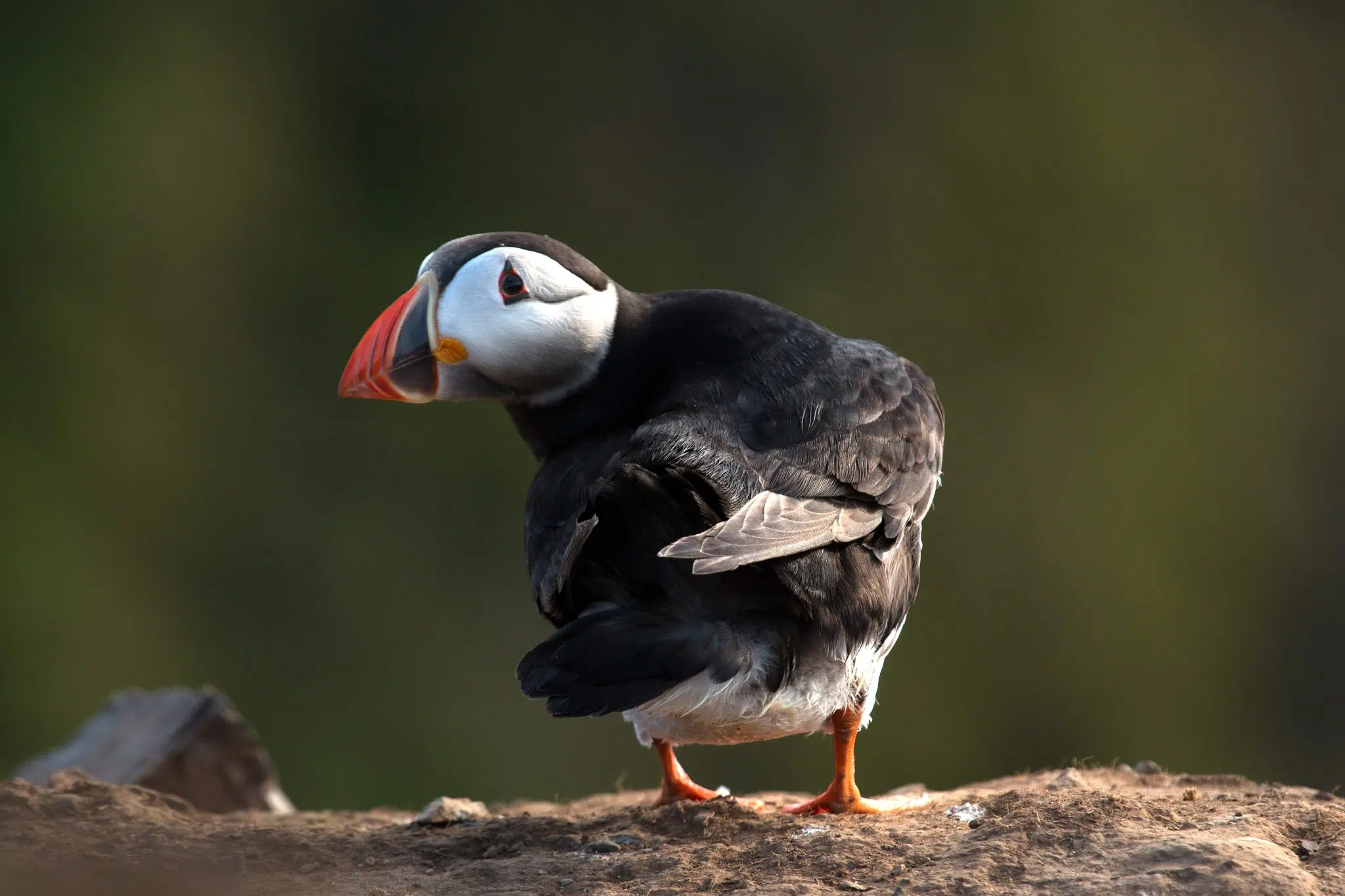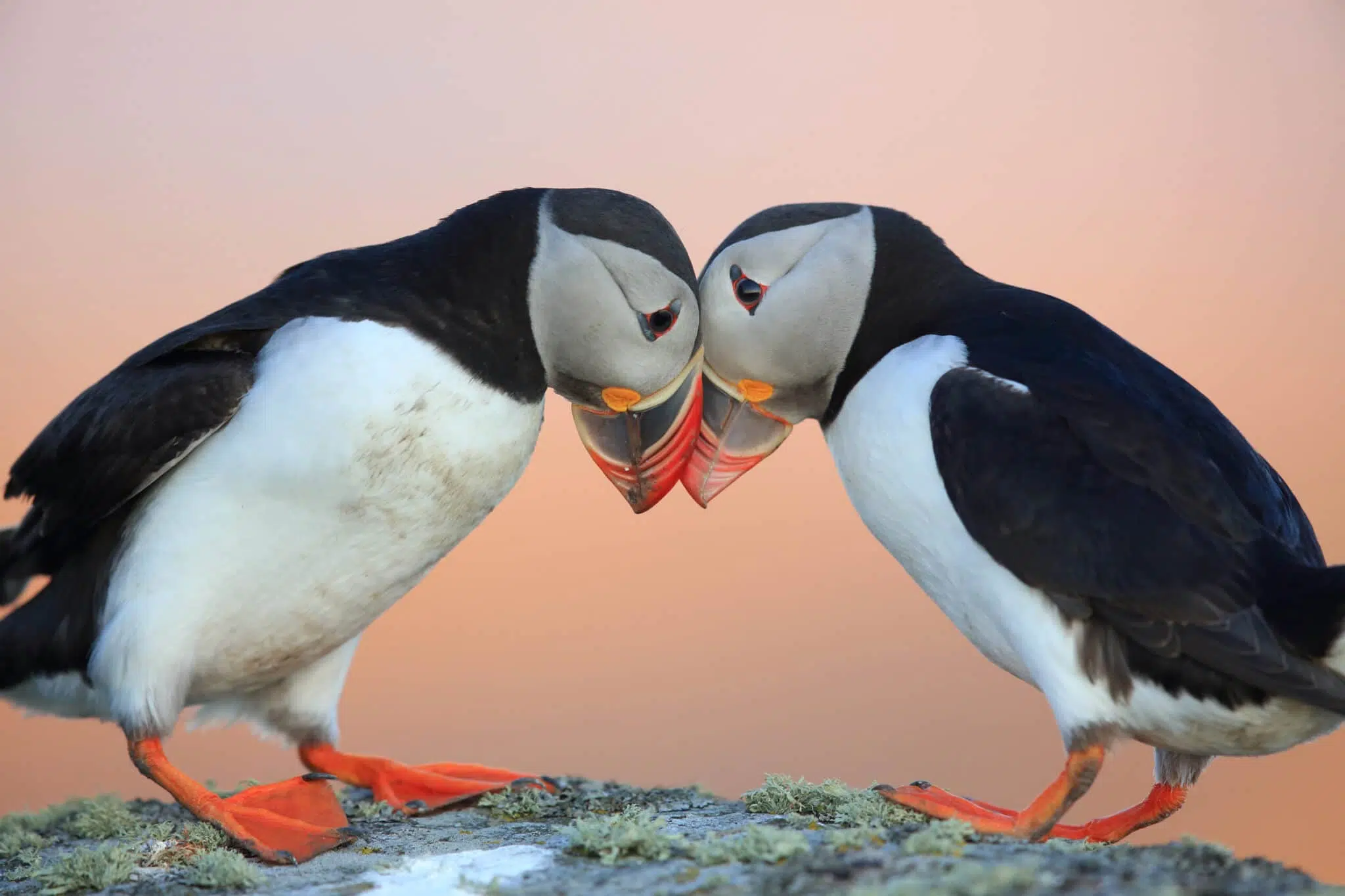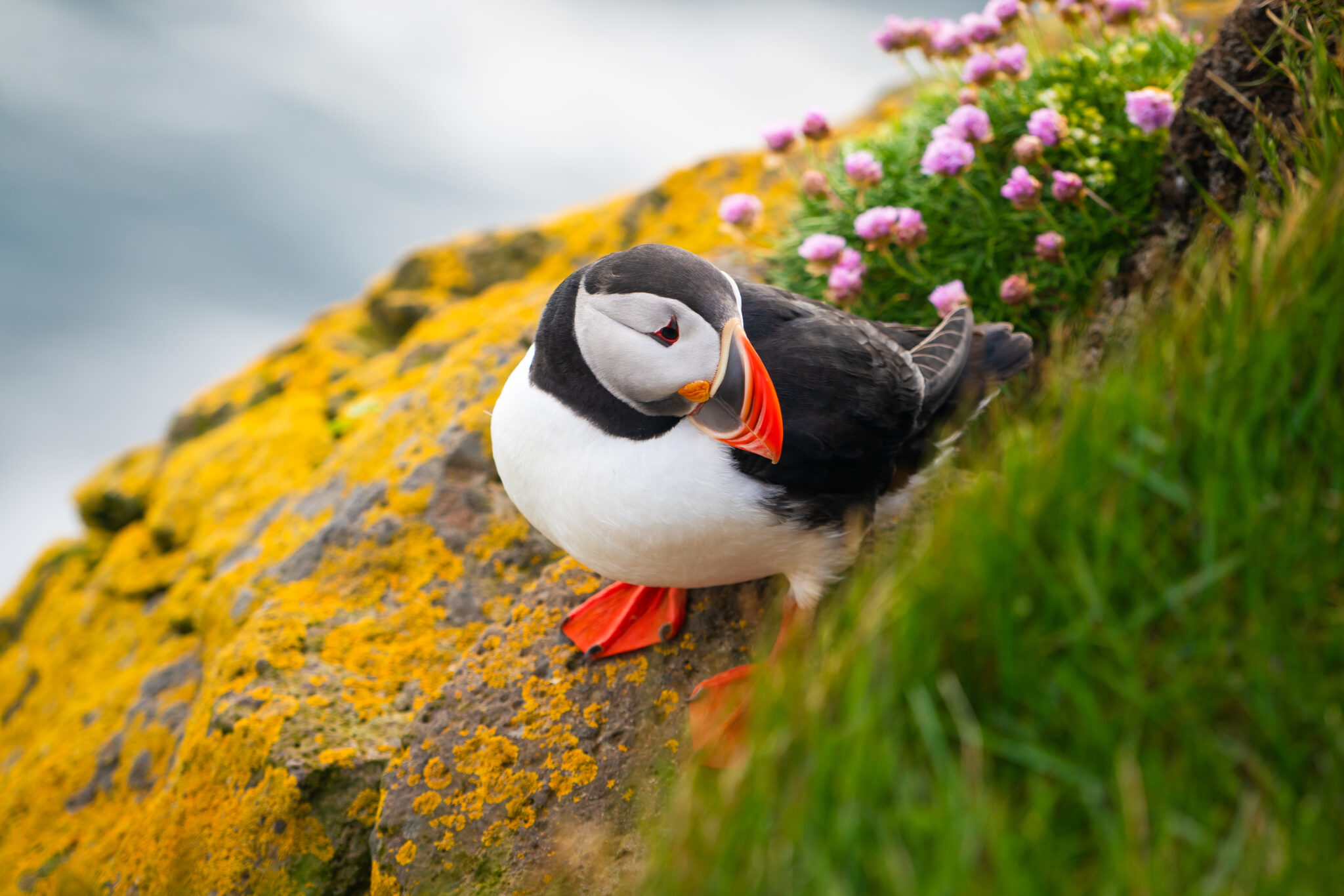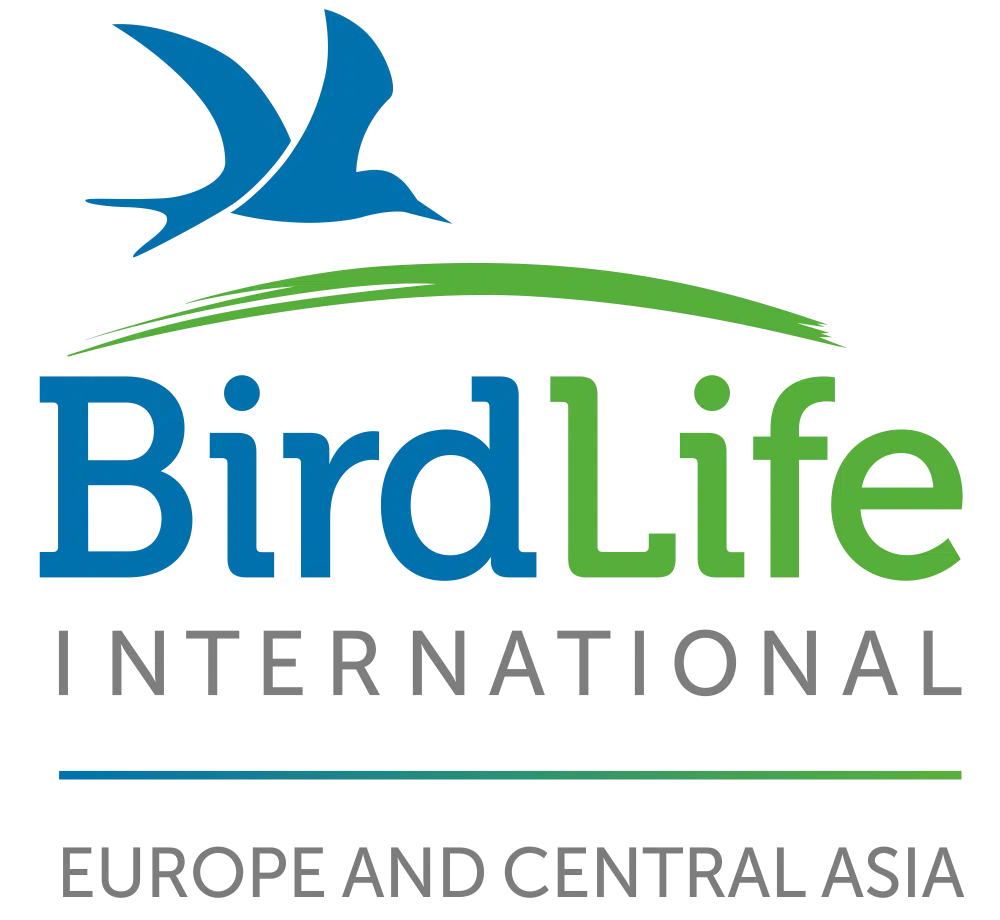Safeguarding the lifeline of our seas: A call for urgent and coherent action to protect the vital food source of seabirds and marine predators
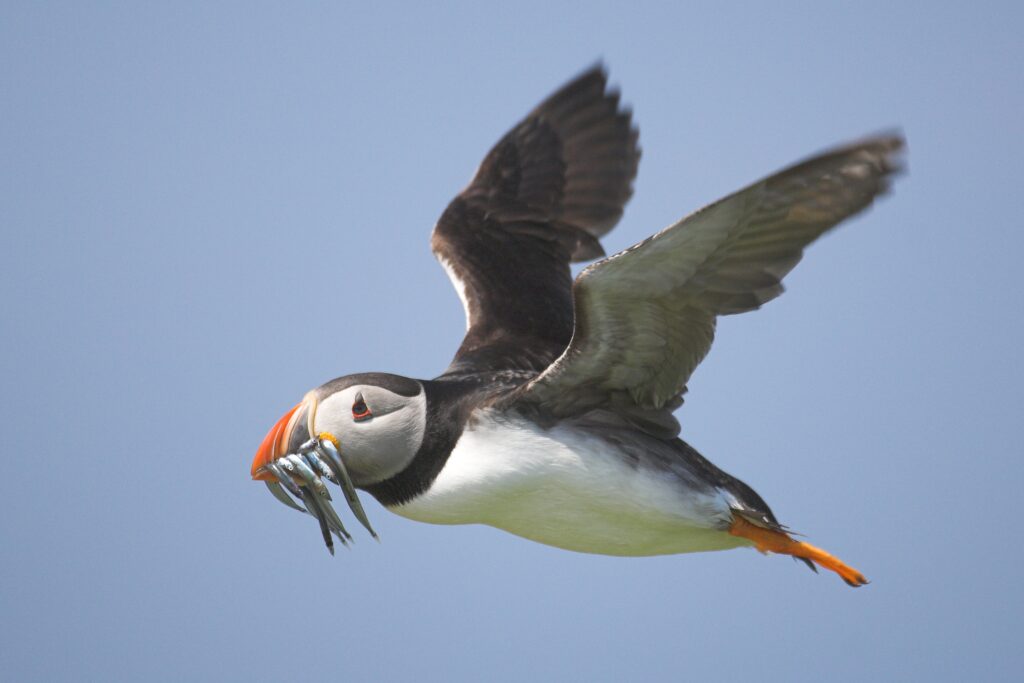
The protection and management of forage fish species has been gaining prominence on the political agenda and for good reason. These low trophic level, small to medium-sized fish play a crucial role in marine food webs, serving as a lifeline for top marine predators and contributing to the overall health of marine ecosystems.
In the North Sea, one forage fish species in particular stands out: the sandeel. Revered as the most important prey forage fish in the region, sandeels play a pivotal role in the diets of iconic marine creatures, including marine mammals like the Minke whale, the Harbour porpoise, and the Harbour seal. Not to mention the seabirds that rely on them, such as the Sandwich Tern (Thalasseus sandvicensis), the Atlantic Puffin (Fratercula arctica), the Common Guillemot (Uria aalge), and the Black-legged Kittiwake (Rissa tridactyla). Even certain commercial fish species depend on these valuable fish.
But the availability of forage fish at the sea surface has become alarmingly scarce, leaving seabirds across the North Sea and the wider North-East Atlantic region in dire straits. Breeding failures and population declines have become all too common, threatening the delicate balance of marine ecosystems. To make matters worse, the recent Highly Pathogenic Avian Influenza (HPAI) outbreak has dealt a devastating blow to seabird populations, claiming the lives of tens of thousands of adults and chicks. With mounting pressures from marine renewable energy expansion, especially offshore wind, and existing threats like fisheries, our struggling seabirds and marine predators are now facing an unprecedented crisis.
Amidst this crisis, the UK Fisheries Administrations have taken positive steps to manage pressure from industrial sandeel fisheries. However, the success of these measures in UK waters hinges upon collaboration and support from neighbouring coastal states, including the EU. A coordinated approach at the sea basin level is imperative to maximize the benefits of our efforts. BirdLife’s new statement on forage fish emphasizes the shared responsibility to protect forage fish and the wider marine ecosystems. It identifies concrete steps that the EU should take to deliver the coordinated and coherent approach that is urgently needed.
Image credits: Atlantic puffin (Fratercula arctica) by Yves Adams
You might also be interested in:
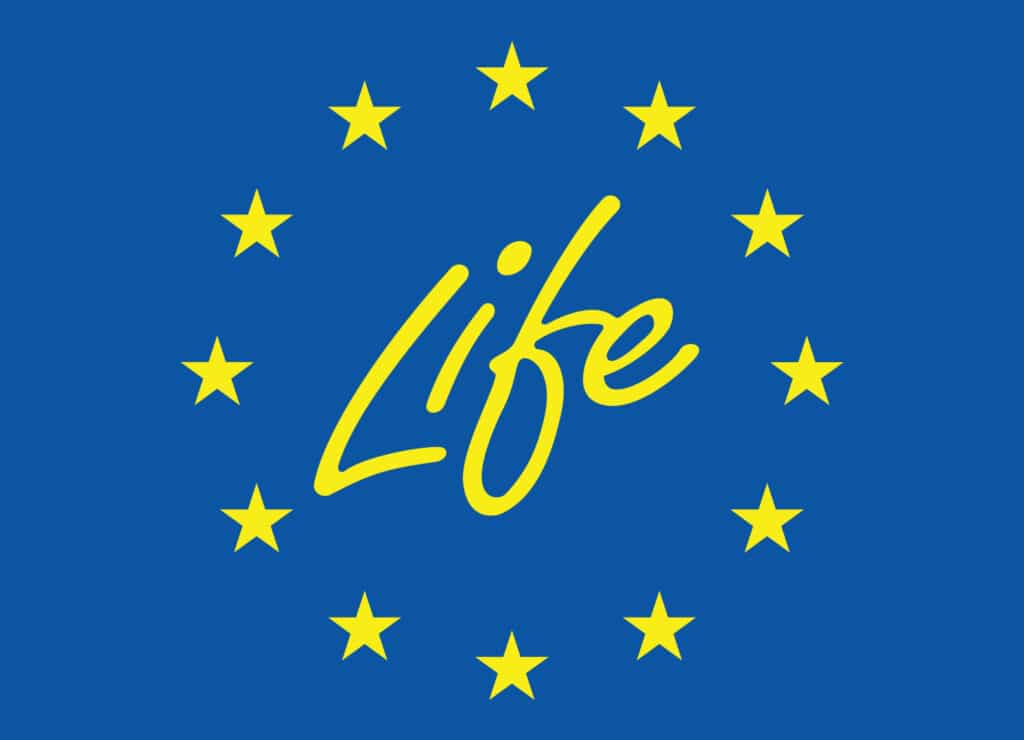 | Stichting BirdLife Europe gratefully acknowledges financial support from the European Commission. All content and opinions expressed on these pages are solely those of Stichting BirdLife Europe. The European Commission is not responsible for any use that may be made of the information it contains. |
